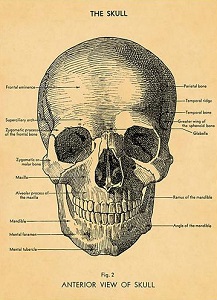









When John 1:3 says that God made all things, does that mean that uncreated abstract objects don’t exist?
A friend today brought my attention to his question, put to William Lane Craig, on whether or not the existence of uncreated abstract objects is compatible with biblical teaching. The question concerns a disagreement that Bill Craig has with Peter Van Inwagen of Notre Dame University. It might be helpful, therefore, if I outline the background to the disagreement.
Peter Van Inwagen believes in platonic or abstract objects. These are non-physical, eternal things that do not need to be created but just exist. Examples would include the number 1, properties, and even possible worlds. These objects exist necessarily, says Van Inwagen. They exist in all possible worlds. This means, for example, “that the number 510 would exist no matter what.”
Now we should be careful how we characterise this notion of “existence.” Van Inwagen adds:
If the notion of an abstract object makes sense at all, it seems evident that if everything were an abstract object, if the only objects were abstract objects, there is an obvious and perfectly good sense in which there would be nothing at all, for there would be no physical things, no stuffs, no events, no space, no time, no Cartesian egos, no God. When people want to know why there is anything at all, they want to know why that bleak state of affairs does not obtain.
Abstract objects, according to Van Inwagen, are not “out there” in the world of things in creation. If they were the only things that existed, then in the same sense that people ask why there is something rather than nothing, nothing would really exist. Speaking this way, then, “all things” that exist can be thought of in an everyday sense not to include abstract objects. This clarification is necessary in order to avoid misunderstandings of Van Inwagen’s view.
Bill Craig doesn’t think this is an acceptable position for a Christian to hold. He believes that the existence of uncreated abstract objects is at irreconcilable odds with both the Nicene Creed and – more importantly for most Christians – with the teaching of the Bible. The opening words of the Nicene Creed affirm that God is the creator of all things, both “seen and unseen.” What is more, the author of the Gospel of John, in chapter 1 verse 3, says that through the logos (seen as a reference to Christ)ings were made.” Van Inwagen then, holds to a view that is incompatible with historic and biblical Christianity, says Craig.
Read More



